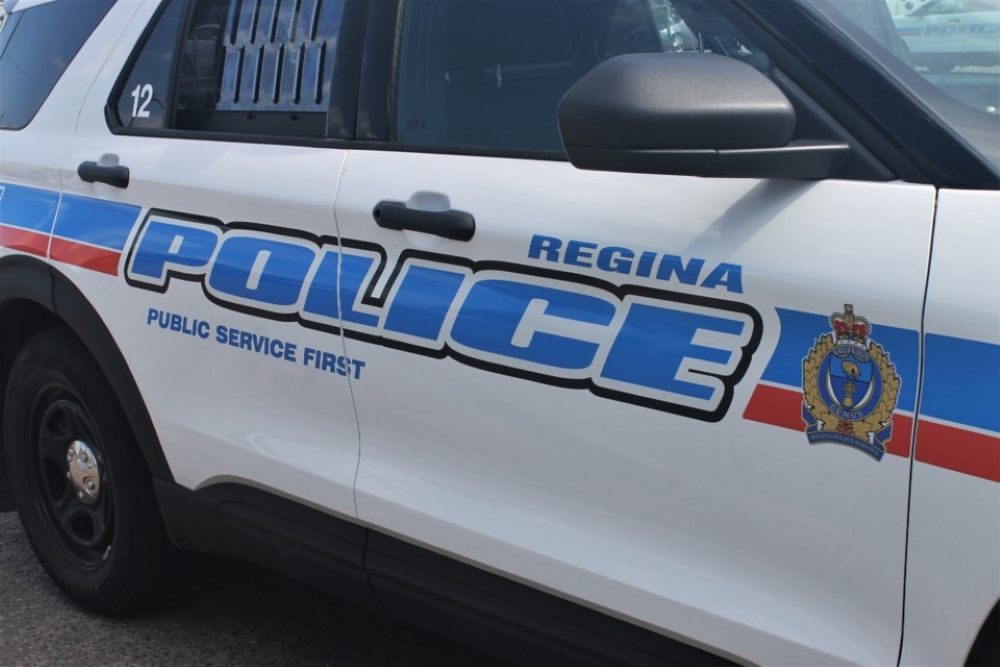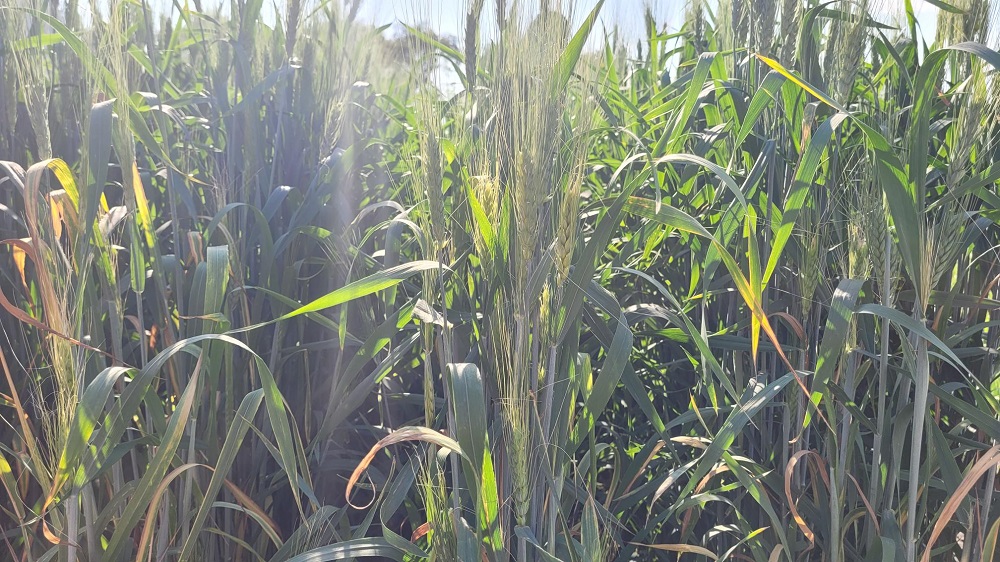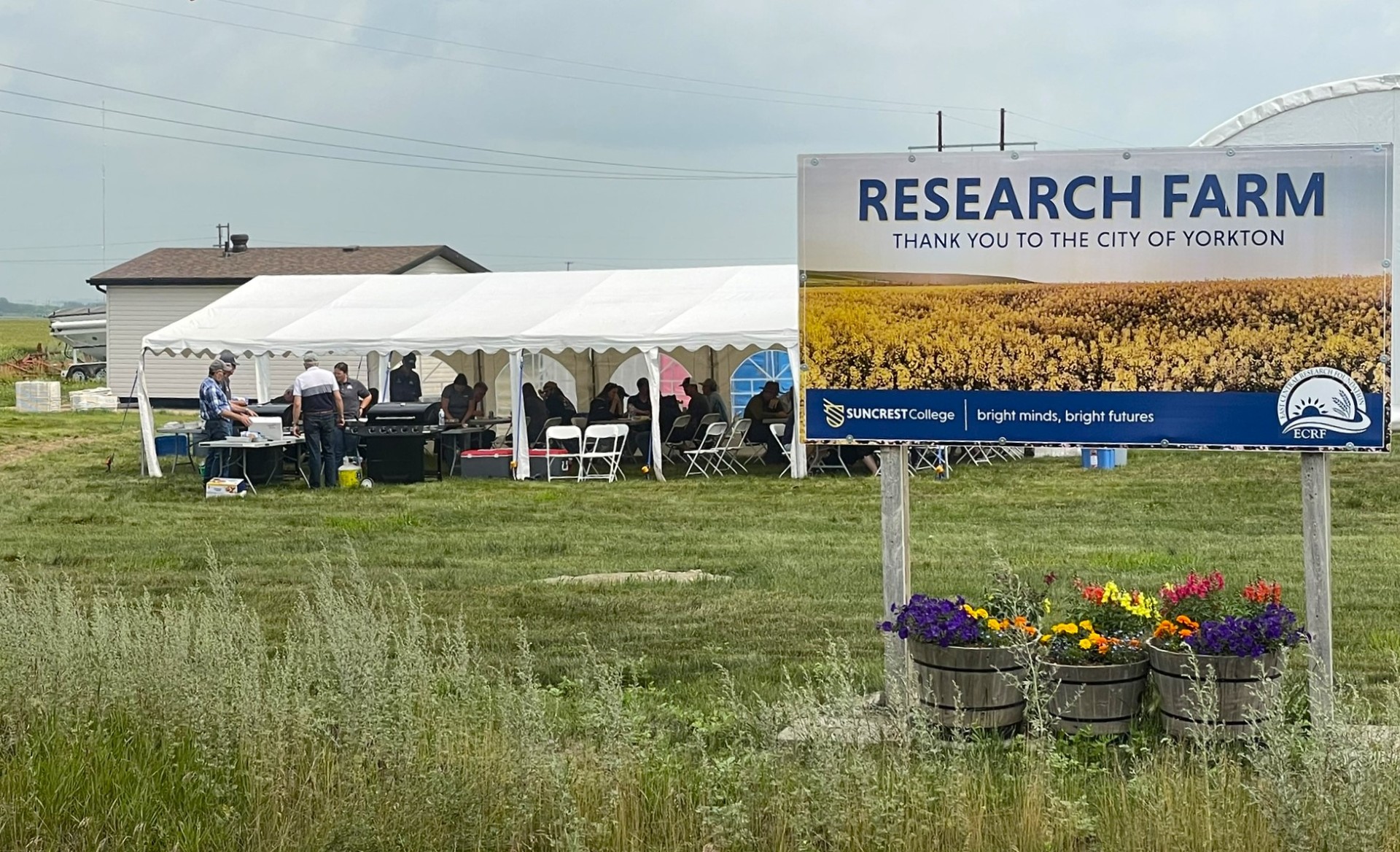Some rural residents are excited that new technology allegedly exists that converts garbage into usable materials and want city hall to use it instead of building a new area landfill.
The Rural Municipality of Moose Jaw held a public hearing at the Events Centre on March 19 to discuss the discretionary use application that the City of Moose Jaw submitted to construct a solid waste management venue north of the city on 156 hectares (390 acres) of farmland.
The RM council received written and verbal submissions from ratepayers and government officials, while administrators from city hall explained the project and answered questions.
More than 60 people attended the event.
Gordon Knox, co-chairman of a rural ratepayers’ committee opposed to the location, said the proposed site has become “a contentious and very passionate issue” for ratepayers. However, he thought all parties should consider every alternative option to handle waste instead of continuing a 4,000-year-old practice of burying it.
“This is the 21st century and there’s definite options to a landfill,” he said.
The current landfill sometimes receives 60,000 tonnes a year, or 160 tonnes per day, most of it commercial, Knox continued. Meanwhile, city officials allegedly told the committee during a meeting that they don’t know where all the garbage comes from and don’t question its source.
The committee co-chairman then introduced Randall Johnson, founder and president of Aspen Innovation Park Inc. and owner of TJ Disposal Ltd. in Shellbrook, as the entrepreneur had an “innovative proposal” to handle waste.
Johnson, who has hauled garbage for 16 years and sits on a Ministry of Environment advisory committee, explained that a year ago, he learned about a new Florida-based company called Carbotura, which wants to “untrash the planet.”
He secured a Canada-focused agreement to promote the business, which aims to convert 99.9 per cent of all solid and liquid wastes into saleable and useable materials. It also mines existing dumps for material and captures methane.
The only items the company doesn’t take are radioactive materials and explosive ammunition.
The market would mainly use this material — converted into carbon, graphite and graphene — to support green technologies such as electric vehicle batteries, he stated.
Johnson said he needs a 30-year guarantee from municipalities — free to them — to handle their waste, as this technology can manage a minimum of 300 tonnes a day. He would charge $100 per tonne, invoice quarterly, and offer a rebate in the fifth quarter; this would be $30,000 per day in costs.
The technology can handle 10,000 tonnes per day, while the company is working on deals in India and the Far East, he noted.
“Before you all think this is too good to be true, it’s not. It’s just an advancement of technology,” said Johnson, pointing to the evolution of smartphones as an example.
His company is “very close” to signing a contract with Regina and could handle 1,500 tonnes a day of its garbage for $620 million in expenses during the 30 years. Meanwhile, his company can set up all the necessary infrastructure beside landfills to mine those venues for materials.
Johnson added that his company would share with the municipalities 20 per cent of all profits and put that money into a community development fund for projects.
Afterward, city manager Maryse Carmichael attempted to answer some concerns that attendees had raised during the meeting. One ratepayer interjected and asked if the city would meet with Johnson, considering his company would allegedly offer Moose Jaw roughly $12 million annually for its garbage.
“Absolutely. We can absolutely meet with him,” Carmichael replied.








